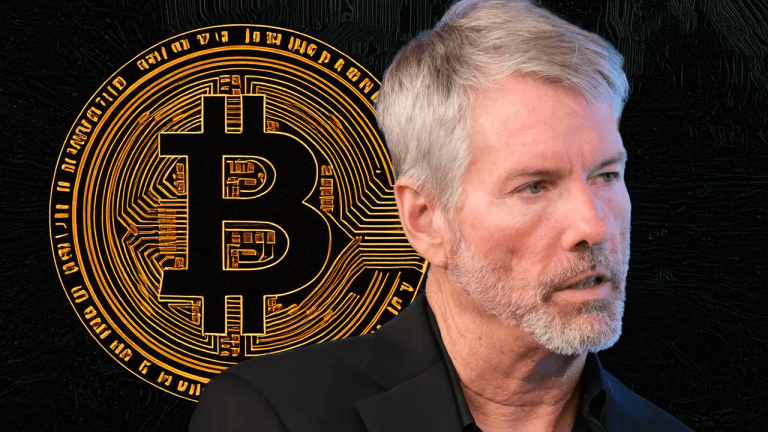
Bitcoin miners could increase profitability and improve "bad balance sheets" by allocating some of their energy capacity to the AI and HPC sectors, according to VanEck.
Bitcoin miners have the opportunity to potentially generate around $13.9 billion in additional yearly revenue if they partially transition to providing energy to the artificial intelligence and high-performance computing (HPC) sector by 2027, according to investment firm VanEck.
“AI companies need energy, and Bitcoin miners have it,” VanEck stated in an Aug. 16 report. The firm believes that Bitcoin miners, which face profitability risks from volatile operating costs and Bitcoin’s (BTC) price fluctuations, may find it beneficial for their financial positions to redirect some of their energy capacity towards the growing sectors.
“Bitcoin miners generally have bad balance sheets, either because of too much debt, too much share issuance, too much executive compensation, or some combination of all three,” VanEck claimed.



